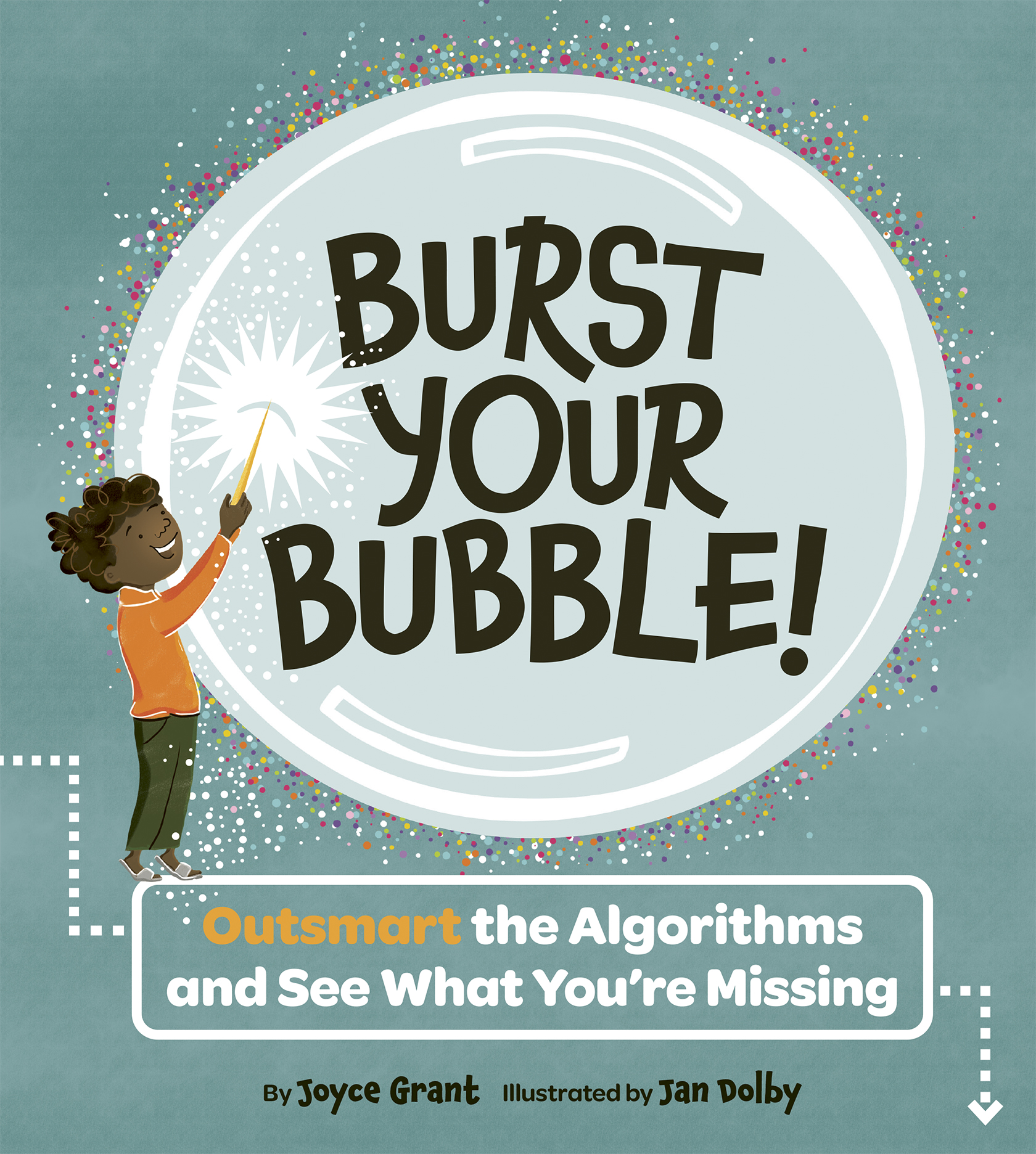
Sesame Street is turning 50.
The first episode of the beloved children’s television show aired on November 10, 1969.
The show takes place on a fictional (not real) street called Sesame Street. A diverse group of Muppets (puppet characters and adorable fabric monsters) and humans “live” on Sesame Street.
One of the show’s main goals was to bring “all children early and equal access to education, regardless of their financial circumstances.”
That “education” included teaching children about letters and numbers. But the show also taught children about the importance of getting along with others, treating everyone with respect, and being “inclusive.” (In other words, not being mean to or excluding anyone because of what they look like, where they come from or for any other reason.)
The organization that produces Sesame Street is a “not-for-profit,” which means their goal is not to make money (like most companies) but to educate children.
Sesame Street reaches “more than 150 million children across more than 150 countries (Canada got the show in the early 1970s), according to a statement by Jeffrey Dunn, President and Chief Executive Officer of Sesame Workshop. “Our mission is to help children everywhere grow smarter, stronger, and kinder.”
Sesame Street appeals to very young children, with its catchy music, cute puppets and bright colours. Because the show’s producers believed that “learning would be deeper if an adult were watching with child,” they also made sure it was interesting to adults, as well. Celebrities (famous people) that children enjoy, and adults know and are interested in, often appear on Sesame Street to sing a song or have a discussion.

In the 1980s, the show began teaching children about safety, such as traffic safety and fire safety, in a way that was educational but not scary. The show went on to cover many other important topics including medical issues like asthma, childhood obesity, the dangers of lead-based paint and HIV/AIDS as well as social issues like coping with the death of a loved one, poverty and trauma.
They communicated with children about scary events by taking a gentle approach that helped them learn without feeling scared. For instance, after the devastating hurricanes Katrina and Sandy hit the United States, Big Bird’s nest was destroyed by a storm; he was comforted by the Street’s residents, who helped him through the tragedy.
Many of the show’s lovable puppets are instantly recognizable to children and adults alike: Elmo, Big Bird, Oscar the Grouch, Ernie and Bert, The Count and Mr. Snuffleupagus.
THINK AND DISCUSS
Most news articles are written to include “all sides” of an issue. This article, however, is very positive about Sesame Street, even calling it “beloved.” Why do you think that is? Since the article only considers one point-of-view about the show, can it still be considered a “news article”? Why or why not?
If you have watched Sesame Street in the past, name something you learned from it. If you have never seen it, what do you think its viewers learn?
Who is your favourite Sesame Street character? Why?
Sesame Street’s producers call it “A place where everyone counts.” What do you think that means?
The article mentions that Sesame Street teaches children the importance of being “inclusive.” What do you think that means, and why is it important?
LINKS
This online flip-book takes the reader through each decade of Sesame Street, from its beginnings until today: https://www.sesameworkshop.org/who-we-are/our-history/sesame-street-history-50-years-impact
Video on YouTube: “Sesame Street: 50 years of Impact”
Online games from Sesame Street to celebrate its 50th anniversary:
Pinball Number Count: https://www.sesamestreet.org/games?id=25653
Grover’s Motorcycle Mayhem: https://www.sesamestreet.org/games?id=25743
Sesame Street Blockbuster: https://www.sesamestreet.org/games?id=25661
Other online Sesame Street games, and videos, can be found here: https://www.sesamestreet.org/games
Photos of Sesame Street’s early years (CNN website): https://www.cnn.com/2019/11/10/entertainment/gallery/sesame-street-early-years/index.html







